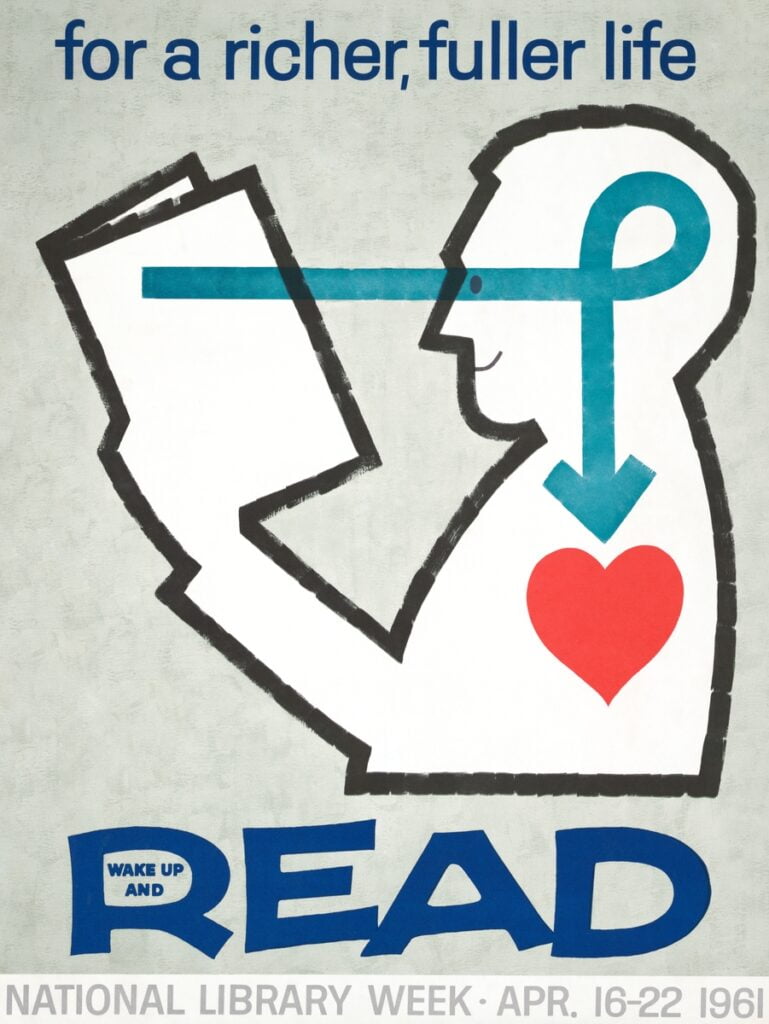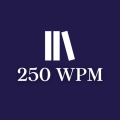
A friend of mine is an ambitious and driven individual and like everyone, he aspires to achieve success. What being successful means today is debatable but, he is fascinated by the billionaire investor, Warren Buffett.
He knew all about Buffett and being one of the world’s richest men saw this as a virtue to be aspired to, to be like Warren Buffett.
He believed that by emulating Buffett’s habits, he too could become wealthy, affluent, and what he would consider to be a success.
Now he had heard that Warren Buffett reads for over 80% of his day, over 500 pages. My friend mentioned that he felt compelled to read 40 to 50 books a year, in order to somehow emulate Warren Buffett. He believed that if he wanted to achieve similar success, he needed to match Buffett’s reading habits.
This mindset is not uncommon. Reading is often cited as a part of the reason for many notable figures’ success. Many see these figures as intellectual powerhouses, attributing their success to the sheer volume of books they consume.
The problem is my friend is often reading the wrong kinds of books.

The Wrong Aspirations
My friend’s infatuation with Warren Buffett and his ilk is nothing short of misguided. While it’s true that Buffett is swimming in unimaginable wealth, to me his life is far from enviable.
His every waking hour is consumed by the relentless pursuit of profit, spending every possible moment analyzing companies, poring over annual reports, and making calculated investment decisions. At the expense of his family, and those around him, and leading a balanced life. Is that really the kind of existence one should aspire to?
Buffett’s eccentric habit of eating McDonald’s every day is not something I see my friend want to emulate. Yet, so many seem to believe that by mimicking popular gurus habits, they can somehow replicate their wealth, power or reputation. Many fall victim to this delusion.
The truth is, that success cannot be achieved by blindly copying someone else’s habits, reading or otherwise. These ultra-wealthy or powerful individuals have unique circumstances, networks, and opportunities that have contributed to their success. Reading a certain number of books per year won’t magically transform us into billionaires or grant us the same level of influence.
Instead of idolizing these individuals and trying to replicate their lives, we should focus on cultivating our own strengths and passions.
The Most Interesting Person In The Room
I saw a book list the other day which read as follows:
BECOME THE MOST INTERESTING PERSON IN THE ROOM
Read these books:
- Make your Bed
- The Power of Habit
- The 4-Hour Body
- How to Talk to Anyone
- The 5 Second Rule
- The 10x Rule
- 12 Rules For Life
- The 80/20 Principle
- Elon Musk
- The 48 Laws of Power
- The Millionaire Next Door
Now I am not saying that some of these books don’t have merit, if you think, however, they are going to make you the most interesting person in the room you are sorely mistaken.
This one-dimensional book list fails to deliver on its promise of transforming readers into the most interesting person in the room by a long way. The focus on mundane tasks, physical transformation, superficial techniques, extreme productivity, and wealth accumulation overlooks the very nature of human personality and the richness of life experiences.
True self-improvement requires a more profound understanding of oneself, meaningful connections, intellectual stimulation, and a genuine exploration of the world. Let’s move beyond the illusion of depth and seek out literature that truly enriches our understanding of what it means to be interesting and successful.
Success should be defined on our own terms, not by the standards set by the media or by self-help authors who may be too invested in their own success.
Reading With Focus
In our relentless pursuit of success and personal growth, it is imperative that we reevaluate our approach to reading. Rather than succumbing to the allure of mindlessly consuming a multitude of books, we must prioritize quality over quantity. It is through the practice of slow and focused reading that we can embark on a profound journey of intellectual exploration and gain a deeper understanding of the world that surrounds us.
Instead of being lured by the empty promises of self-help books or superficial growth hacker guides, we should expand our literary horizons and immerse ourselves in a diverse array of subjects throughout the annals of history. Just as the Great Books of the Western World have withstood the test of time, we too can seek out timeless classics, philosophical treatises, and literary masterpieces that offer profound insights into the human condition.
By embracing the art of slow and focused reading, we unlock the ability to savor the richness of language, engage with intricate ideas, and cultivate our critical thinking skills. This deliberate approach encourages us to delve beyond the surface, to question assumptions, and to form our own well-informed opinions. It is through this process that we develop a deeper sense of empathy, broaden our perspectives, and gain a profound appreciation for the diverse tapestry of human experiences.
Reading less, but with intention and depth, allows us to truly absorb the knowledge and wisdom encapsulated within the pages. It empowers us to engage in meaningful conversations, to share valuable insights, and to contribute to the intellectual discourse that shapes our society. Rather than striving to become the most interesting person in the room through superficial means, we should aspire to become individuals who possess an insatiable thirst for knowledge and a profound understanding of the world.
In conclusion, let’s free ourselves from this illusion that success can be achieved by blindly emulating the habits of certain individuals and reading books that belong to the often shallow and self-serving realm of entrepreneural or self-help literature. These books, frequently laden with simplistic and one-size-fits-all solutions, often fail to acknowledge the complexity of individual journeys and the unique circumstances that shape success. Instead, we should embrace the transformative power of purposeful and focused reading, exploring a rich tapestry of literature that delves deep into the human experience, challenges our thinking, and broadens our horizons.
